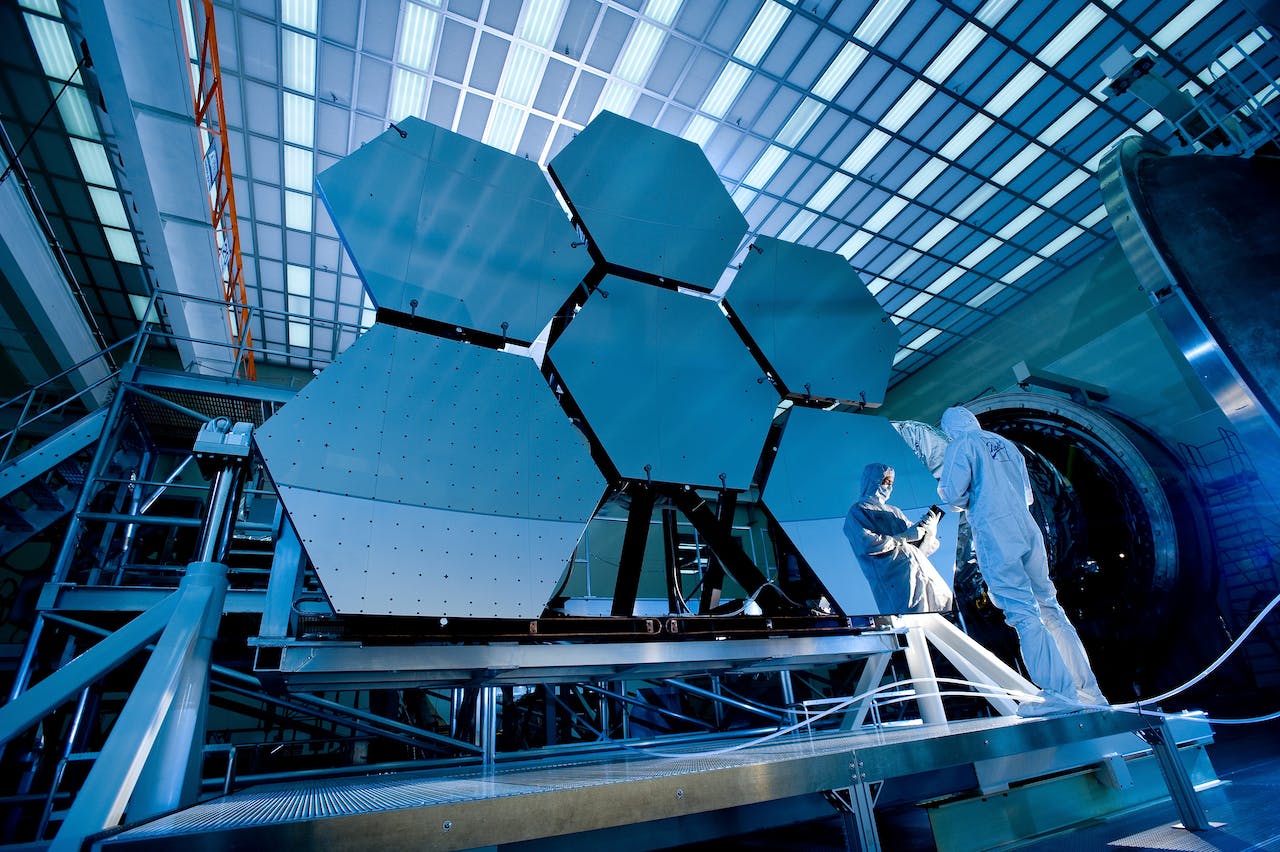
Artificial intelligence (AI) is a branch of computer science that focuses on creating intelligent machines that can perform tasks that typically require human intelligence. AI systems can be trained to recognize patterns, make predictions, and learn from data. There are several types of AI, including machine learning, deep learning, and natural language processing.
Machine learning is a type of AI that allows machines to learn from data without being explicitly programmed. Machine learning algorithms can identify patterns in data and use those patterns to make predictions or decisions.
Deep learning is a subset of machine learning that uses neural networks to simulate the way the human brain works. Deep learning algorithms can analyze vast amounts of data and identify complex patterns that would be impossible for humans to detect.
Natural language processing (NLP) is a type of AI that focuses on the interaction between computers and humans using natural language. NLP algorithms can analyze and understand human language, allowing machines to communicate with humans in a more natural way.
AI has many applications in various fields, including healthcare, finance, and transportation. For example, AI-powered systems can help doctors diagnose diseases, predict stock prices, and optimize traffic flow.
In conclusion, AI is a rapidly evolving field that has the potential to transform the way we live and work. By automating repetitive tasks, providing insights and predictions, and creating new opportunities, AI is making our lives easier and more productive.